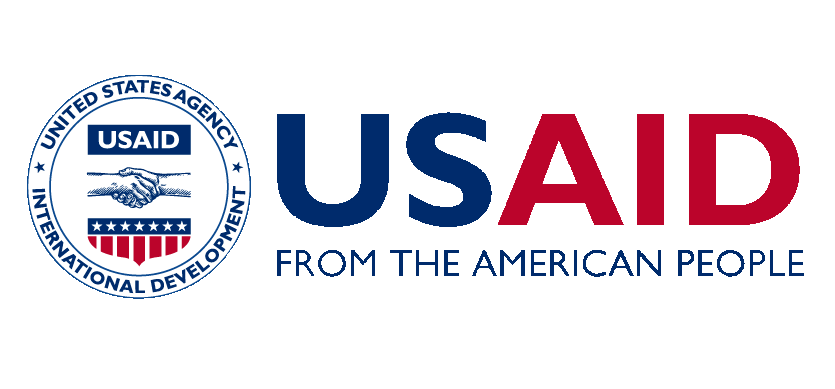HOPE-LVB Model Households: Serving as Role Models and Teachers in Their Communities
Model households are a key aspect of Health of People and Environment in the Lake Victoria Basin (HoPE-LVB), an integrated Population, Health, and Environment (PHE) project with sites in Kenya and Uganda.


